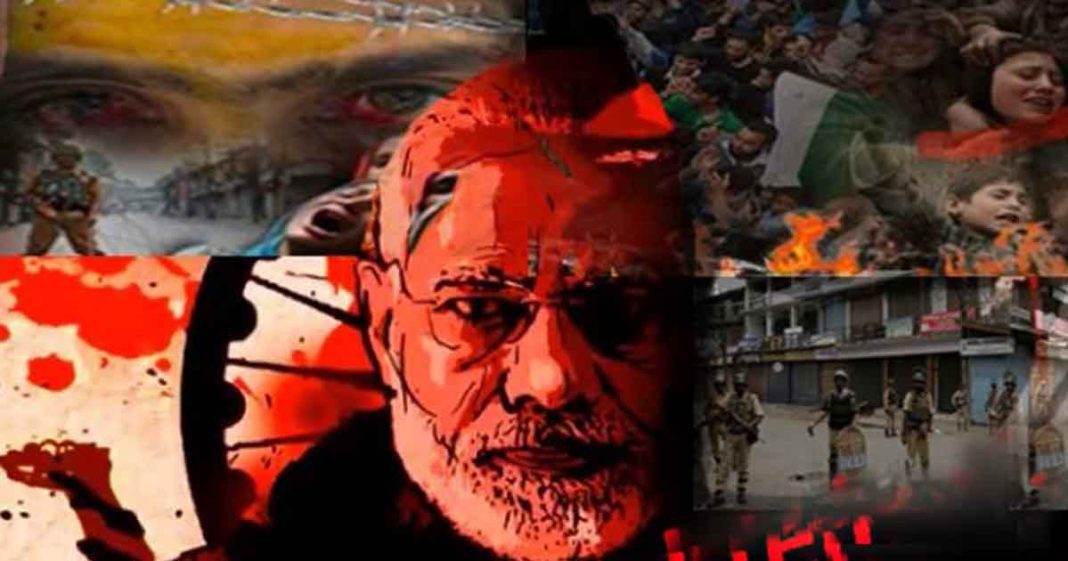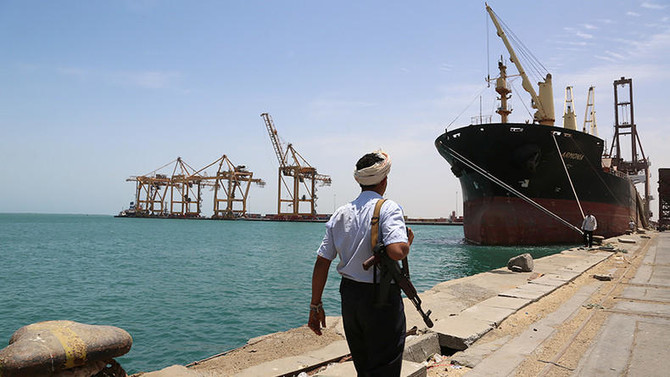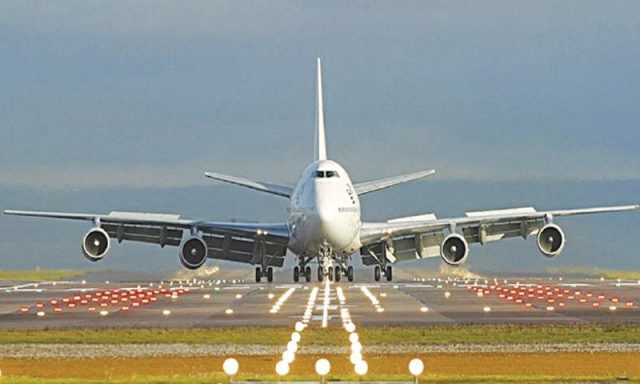India’s decision of allowing anyone who is living ordinarily in Jammu and Kashmir to get registered as a voter in the region, which will be in accordance with the provisions of the Representation of the People Act, has revived fears among the Muslims of yet another attempt of reinforcing Hindutva agenda in the Indian Illegally Occupied Jammu and Kashmir (IIOJK). As announced by the Chief Electoral Officer (CEO) Hirdesh Kumar, it is expected that the decision will add almost 2.5 million new voters to the existing 7.6 million voters in Kashmir.
According to the CEO, it is not mandatory for someone to hold a residence certificate from Jammu and Kashmir in order to register to vote. Hence, non-local voters will have voting rights in IIOJK now. It will alter the disputed territory’s political and demographic landscape. The move to allow non-Kashmiris to vote – has once again unveiled India’s hegemonic aspirations of consolidating a Hindu Rashtra by enforcing the Hindutva agenda.
Read more: How Kashmir remains a pawn for the BJP’s political engineering?
IIOJK under new threat?
The apprehensions of a demographic change in the Muslim majority territory have been triggered under the Hindu nationalist BJP’s government. In the wake of this decision, the political and social landscape of the IIOJK is under threat from the Modi-led Bharatiya Janata Party (BJP). It was until August 2019, that the voting rights in IIOJK were limited only to its permanent residents, as promised under Articles 370 and 35(A) of the Indian constitution. However, the August 5 move by India officially marked the beginning of a new wave of suppression of Muslims in IIOJK.
New domicile laws introduced after the revocation of its special status also aimed to allow the outsiders for settling in and alter the demography of the disputed territory. In this regard, the systematic increase in the ratio of the Hindu population has been the key objective. In May 2022, the Delimitation Commission’s decision of redefining the electoral boundaries in IIOJK, by increasing the representation in the Hindu-majority Jammu region and decreasing it in the Muslim-majority Kashmir, was another step toward alienating the Muslims. The local Muslims fear that rising Islamophobia in India and anti-Muslim hatred behind Modi’s Kashmir policy will rob them of their separate identity.
Read more: BJP forcing Indians and Kashmiris to buy flag
Many Indian lawmakers, including the opposition parties and Kashmiri politicians, have renounced the BJP’s decision to grant voting rights to non-locals, calling it a part of a deep-rooted conspiracy to alter the demography and enforce the Hindutva agenda. Former Chief Minister Mehbooba Mufti called the BJP’s decision the last nail in the coffin of the electoral democracy of Jammu and Kashmir. For the people of Kashmir, it is an assault on their identity as the Muslim majority region. Since 5th August 2019, Modi has been hell-bent on influencing the electoral systems for reinforcing Hindu nationalism.
Nationalism is being used to gain support for Hindutva ideology
The abrogation of IIOJK’s special status, granting domiciles to Hindus, and redrawing of the electoral boundaries and voting rights to non-locals are part of a larger political agenda of the Modi-led BJP government. The aim is to influence the upcoming elections in India and turn the electoral majority into a minority in the disputed territory. Voting rights to outsiders will have dire consequences for the region.
Kashmir is not merely a territorial conflict, but a matter of human rights violations now, which are on the rise. The wave of brutality finds no end. There are increased incidences of pellet-firing guns, forced disappearances, fake encounters, murders, gang rapes and other atrocities at the hands of the Indian security forces. Hindutva-driven repressive policies targeting the Muslims in IIOJK are a constant reminder that the situation in Kashmir has the ingredients of an unprecedented escalation. It has illustrated the reality that Modi’s policy on Kashmir is not just an electoral strategy, but an extension of the extremist vision of Hindu nationalism to achieve its political goals.
Read more: 1965 Kashmir War: The Political Dimension
By institutionalizing the demographic changes, it is feared that Muslims will be disempowered by the local legislatures, which will ultimately reinforce Hindu majoritarianism. A proactive strategy is the need of the hour to project India’s human rights violations. Pakistan needs to sensitize the international community on the human rights atrocities in Kashmir. By upholding the principles of democracy, India should ease the restrictions imposed on the Muslim majority territory. As promised in the United Nations Security Council (UNSC) Resolutions, the people of Kashmir should be allowed to decide their future by exercising the right of self-determination through a transparent plebiscite.
The writer is a Research Officer at Strategic Vision Institute (SVI), Islamabad. She tweets @ZukhrufAmin. The views expressed in this article are the author’s own and do not necessarily reflect the editorial policy of Global Village Space.














